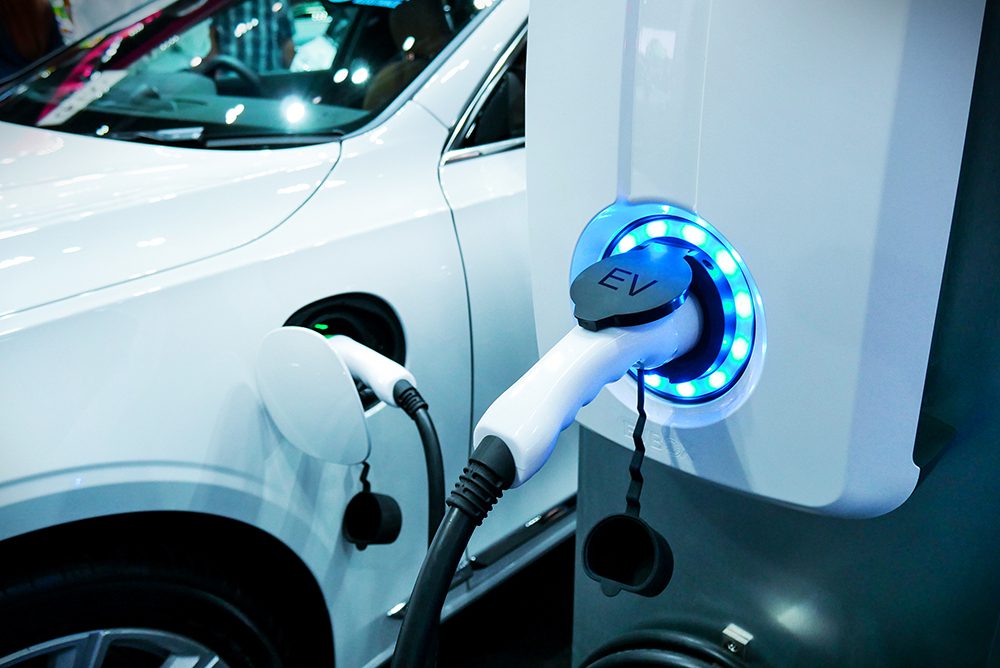Will Rising Electricity Costs Halt The Great EV Adoption of 2023?

First, it was the rise in the price of petrol, now there’s the rise in electricity prices. As public charging becomes more expensive, will home charging be the only cost-efficient way to drive an EV?
Over the course of the last two years, Fossil Fuel prices have increased astronomically. This is thanks to a sharp increase in the price of crude oil, which is used to make petrol and diesel.
As the cost of charging an electric car also increases, thanks to the price of electricity, many fear that it will put drivers off from joining the EV revolution.
Is the increase in electricity cost enough to jeopardise the trend of EV adoption?
RAC Spokesman Simon Williams said ‘For those that have already made the switch to an electric car or are thinking of doing so, it remains the case that charging away from home costs less than refuelling a petrol or diesel car’.
Simon Williams’ statement is true, but figures show that the gap between the cost of public EV charging and petrol is quickly shrinking. The cost of home charging (for those that have home chargers and private parking areas) is considerably lower than fossil-fueled cars.
We know that EV use is essential for tomorrow’s fossil fuel-free world. The lower running costs of EVs in the face of rising petrol costs was no doubt an incentive for many adopters.
Government promises regarding the implementation of efficient EV infrastructure remaining unfulfilled. Lots of work still has to be done to make EV adoption financially viable for the majority of would be owners.
For electric vehicles to be the future, charging needs to be accessible to everyone
The figures show that drivers who use public rapid and ultra-rapid chargers are being hit the hardest by the hike in electricity prices. Most public rapid charge points are used by those who have a charger at home and need to top up throughout the day.
Electric car owners who use rapid public charging points have reported paying almost the same price per-mile for electricity as they would for petrol. Charging your EV at home is certainly cheaper than public charging points, but electricity bills are also rising as part of the cost-of-living crisis.
Research by the RAC showed that the cost of charging an electric car on a public rapid pay-as-you-go charger had increased 42% since May 2022. That’s considerable.
The hike in price means that drivers that only use the public networks pay 18p per mile for electricity. The cost per mile for charging electric vehicles at home is around 9p per mile for the average-sized car.
Home charging is much cheaper than public charging
The government’s support package for household energy bills will continue to benefit drivers charging their vehicles at home at least until April next year. Domestic energy is also taxed at 5% VAT, public energy is taxed at 20%. Right now, most drivers charge their EVs with home charging and top up with rapid chargers at petrol stations if they need to. EV drivers that don’t have access to public chargers will naturally use public charging for the entirety of their charging.
This VAT system unfairly punishes those without private-home parking, who have to pay higher VAT amounts, as well as escalating electricity prices. It also pushes widespread EV adoption further out of reach for lower-income households.
The future of EV charging
Quentin Willson, founder of the FairCharge campaign, urges the government to act on charging costs. He thinks the powers that be should stop the rise of public charging costs and lower VAT.
‘If they don’t, all those years of promises of a zero-emission future, clean air and energy independence will have come to nothing says Wilson.
The Department for Transport declared that electric vehicles continue to offer ‘opportunities for savings against their petrol and diesel counterparts, with lower overall running costs thanks to cheaper charging, lower maintenance costs and tax incentives’. The government believes consumers can switch to zero-emission cars with confidence, helping grow Britain’s £1.6bn ‘world-leading charging network’.
This makes no reference to the seismic discrepancy between home and public charging rates. Additionally the higher initial purchase price of an equivalent EV model is being overlooked. This amount forms a critical element in the overall business case for EV adoption.







